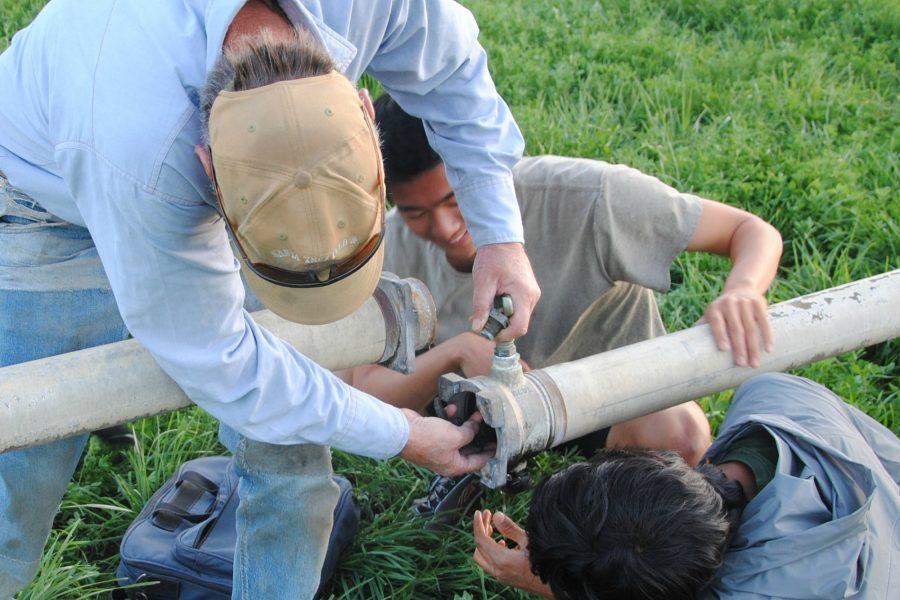Deep Springs College: Secluded and Exemplary
In the deep valleys surrounded by the vast White and Inyo Mountain ranges, a small and secluded institution, Deep Springs College, lies far away from the civilization of the bustling inner city of Bishop, California. However, the isolated location of the college is not the only unique part about Deep Springs. The school has one of the the lowest acceptance rates in the nation, and most of the graduates of this two-year college move on to complete graduate school at the most prestigious Ivy league schools in the nation.
Founded in 1917 by electricity tycoon LL Nunn, Deep Springs College was envisioned to be taught in an alternative style to most institutions at the time. Nunn believed that his independent college would prepare students for a “life of service to humanity.” In its early years, the main focus of the college was to promote liberal arts programs, student self-governance and labor. And due to the tradition of the school, women were not allowed to apply to the school until 2013.
Another benefit to Deep Springs is its free tuition, as the school believes that solely merit should warrant whether a person should attend the school. That is why each student that is accepted into the school is given a scholarship that pays for housing, tuition and all other college fees. With over 250 applicants each year, the school has spots for only 14 students making the 5.6 percent acceptance rate rival only that of Stanford University.
As Nunn’s vision of an outdoor learning experience is the principle of this school, its isolated location in the California wilderness gives opportunity for around 30 students to experience the beauty of nature. All students are required to spend 20 hours a week performing manual labor, which includes a variety of activities on and off campus. The campus contains a cattle ranch and a 155-acre alfalfa farm which are both maintained by students. The cattle ranch is home to over 200 beef cattle who graze in the towering White Mountains that encircle the solemn Deeps Spring ranch. Students are also required to prepare food, clean the facilities and rely entirely on their own labor to keep the school running.
The student body is also responsible for reviewing student applications, hiring staff and reviewing student performances at the end of the semester. With an immense amount of focus on student governance and a relatively large scope of fields to study, much of the students’ time is spent keeping the college running.
In addition to the required labor and self-governance, students must study a wide variety of subjects during the average school semester. Many of the college alumni have gone on to get bachelor’s and master’s degrees in politics, science, journalism, medicine and a variety of other fields.
And after the life-changing experience of two years at Deep Springs, many students achieve great success after college. Several opt to transfer into a more traditional 4-year college after their stay in Deep Springs, the most common choices being Yale, Brown, Stanford and UC Berkeley, to name a few.
And while this relatively unknown college in the heart of the Californian wild is home to a few acclaimed students and teachers alike, the mantra that LL Nunn preached about in 1917 of a “life of service to humanity” is still the core principle even today. The takeaways from this two-year experience are what guide the alumni of this small school toward success later on in life, years after their stay in the tucked-away college that resides in the small desert just 40 miles east of Bishop.




